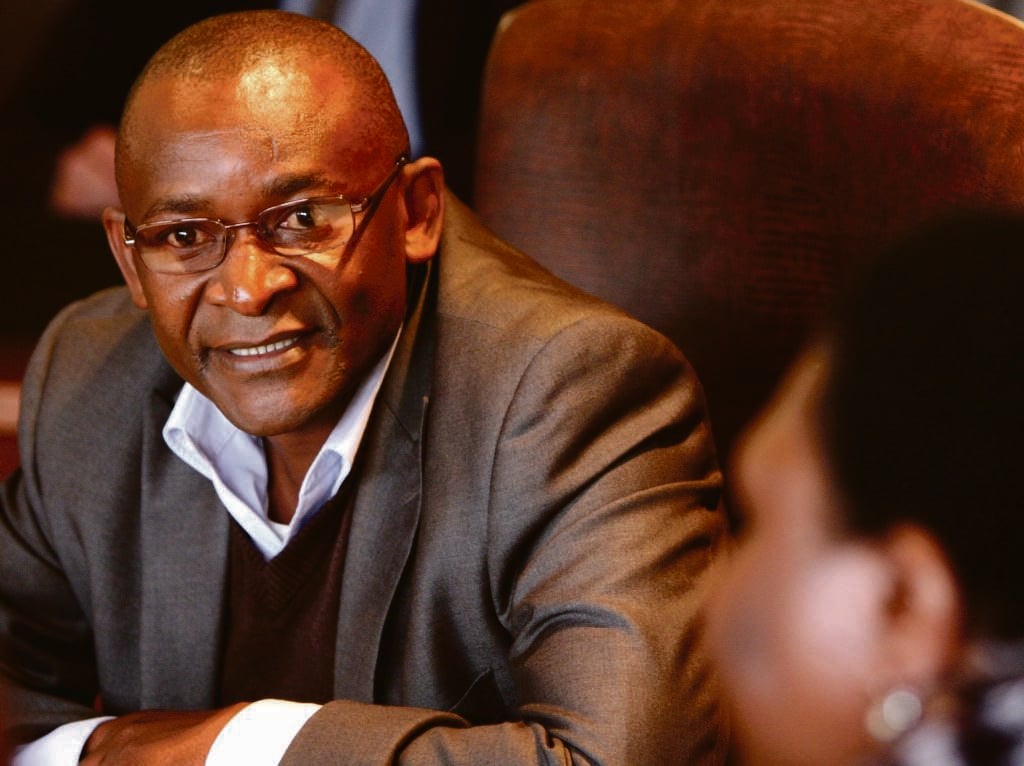
Shaming transformation’s objective is to discourage real transformation, writes Modidima Mannya
The vexed question of what transformation in higher education should be and entail remains a critical issue for debate.
Some may argue that 25 years into democracy the scales must be fairly balanced for us to talk a rather different language from what we spoke years ago.
Others will argue that transformation is an ongoing process, which cannot be measured numerically at a given point.
Detractors and vehement opponents of transformation will invent new theories and tactics to shame any transformation and change project.
There is heightened resistance to transformation as it was when power changed hands from apartheid to a democratic order.
One of the biggest tools to shame the new order was that the majority, who had been deprived for centuries, hardly had the capability to take over and run a state.
These detractors anticipated the collapse of the democratic order within a few years.
To their utter disappointment and until some rogues elected to collapse our democratic order, the project was on track.
It is not only the poor who were impacted by this resistance, which perpetuates the indignity they have endured over many years.
Aspirant black industrialists, the black professionals and the black people generally felt it.
The shaming called entitlement persists even today but it’s presented in a rather sophisticated manner.
Not that the majority of black people are that innocent. They are held to ransom by their acquiescence in continuing to nurse a hostile situation.
The danger with this type of acquiescence is that the moment they raise their heads in protest, they are bound to receive a lashing just for asking for a share of the cake.
In recent times, it has become fashionable to challenge the implementation of equity with some real vigour.
The beneficiaries are disputing their status and are playing victim of the past 25 years when they benefitted for more than 300 years.
The complexity in this matter is that some of our own have become the champions of shaming us.
There are two very potent tools detractors of the transformation project often use. These are the right to own language and what they call standards.
The latest rant is about the so-called standards. Others have gone on the rampage to question what they call the erosion of standards at one of the universities.
Not that there is no value in high standards or that there should not be. The impression created is that transformative policies and actions are designed to drop standards.
So, these transformation measures are inherently and deliberately calculated to drop standards.
It is interesting that some easily forget that our schools and universities continue to mirror the untransformed society we live in.
These standards are supposed to be way above the standards of the society we live in.
It may be fair to suggest that such a proposition must not surprise anyone. It is the same proposition which overally looks at transformation and standards through the eye of those who never supported transformation.
Instead of posing the pertinent question of why we still need these measures, detractors use the shaming approach to discourage and disrupt the resolve to attain the desired levels of transformation.
They may pretend that their target is everyone when in reality they know that the target is the previously disadvantaged.
The idea of shaming transformation has a clear objective, which is to discourage real transformation.
It is also a way to provoke those committed to real transformation to adopt questionable measures and to encourage anger.
Measures designed to redistribute land were frustrated in many ways.
The failures of government were trumpeted as the single cause of the lack of real change in land ownership.
Those responsible for the current situation were quick to point fingers in the opposite direction.
When the majority adopted a radical approach, they were shamed as the people who want to collapse the economy.
What the detractors refuse to acknowledge and appreciate is that they are the root cause of the radicalism.
The anti-transformation lobby’s temptation to use apartheid as a benchmark of what should happen in a democratic society refuses to die. None of us, whether pro- or anti-transformation must ever use apartheid as a benchmark.
We must not glorify an evil system and use it to discount our constitutional imperative of having a truly democratic and representative society.
Equally, the measures we adopt must always be measurable, achieve the true transformative objectives, and not repeat the evil that apartheid created.
The impression created is that there is no single university with a professor who was promoted based on transformation measures.
Universities have people who were promoted, some to professorship without any doctoral or postdoctoral qualifications.
But to those who are inherently anti-transformation and/or who wish to define transformation in the terms which are suitable for their narrative, these measures are a danger to our education system.
Just like young people who must have work experience to secure jobs, those in academia are required to develop expertise without being exposed to the requisite academic exposure.
All transformation measures are coupled with certain responsibilities on those who must benefit.
These measures are just not about advancing numerical representativeness but also excellence in academic work.
Mannya is an advocate, writer and academic




 Publications
Publications
 Partners
Partners








